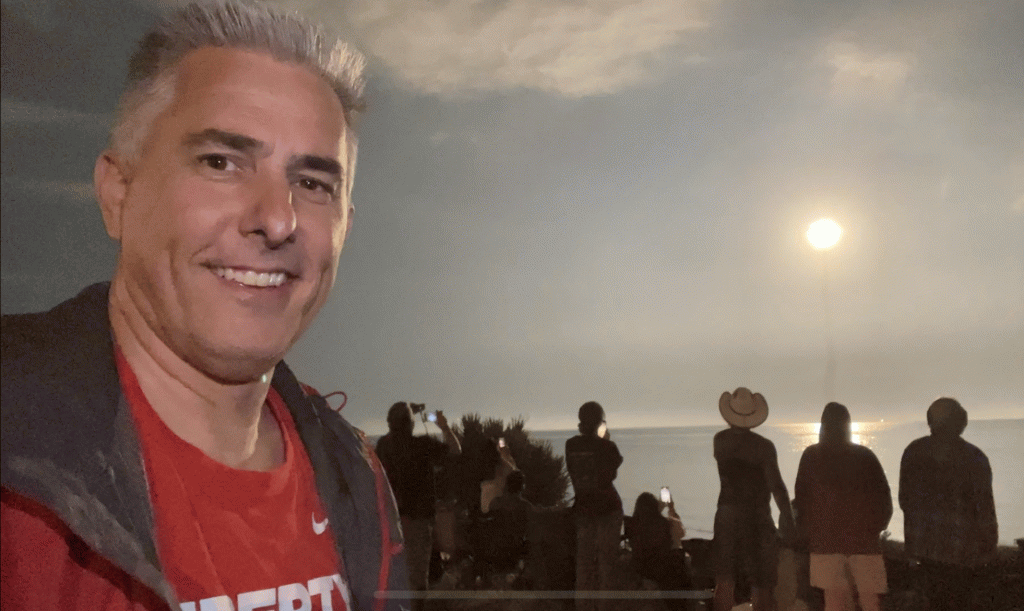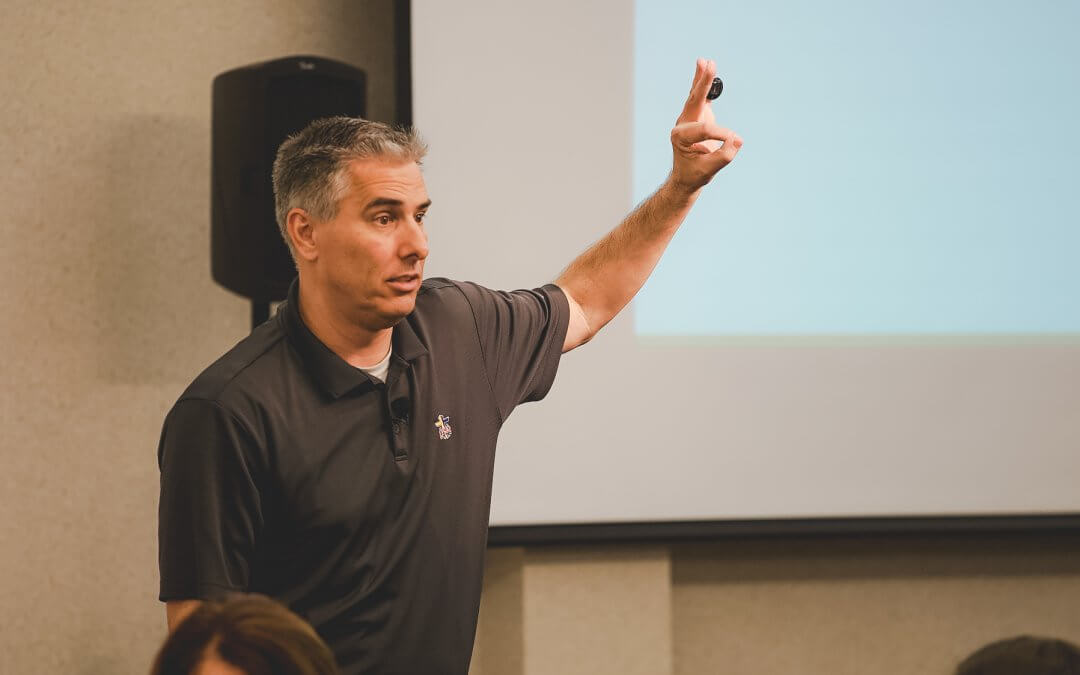Over the last month, I’ve taken in an unusual amount of “culture”. The Night before Christmas as a live play. The Nutcracker with full symphony accompaniment. An Irish Christmas concert, with one of the most talented bands I’ve ever seen live. A Christmas music/drama. I also attended a Division I football game, a women’s basketball game, and watched copious amounts of some of the most skilled athletes in the world playing NHL hockey (my Hurricanes are getting it done!) and World Cup fútbol. In between, I had an electrician, an insulation guy, and a drywall expert do some work for me. I had conversations with a city manager of a top 10 metro area and the technical expert who gets cable TV programs aired via satellite. Slightly before that, I had the privilege of watching the Artemis rocket launch to the moon (and have a friend who designed the adaptive control guidance system).
All of those areas of life share one characteristic: people doing a task they were gifted or trained to do in a truly amazing way. These aren’t weekend warriors or hobbyists – they are true professionals in every sense of the word.

Launching of Artemis
I love watching humans do tasks with excellence. Sometimes I get lost in the YouTube “People doing their jobs perfectly” genre of videos. Perhaps it’s the challenge to make my own life’s activities matter. Maybe it’s just a great reminder that we have the capacity to be great in this life. Whatever it is, I enjoy being a spectator to greatness.
But it also causes me to have contemplative spasms. Why don’t more people achieve greatness? Why do I settle for mediocrity in so many areas of life? What have I ever been truly great at?
I see this on a daily basis as a speech coach. Most people set the standard for success in speaking as “get it over with.” Oh sure, they want the job, the sale, the department to be motivated, the conference attendees to be educated, but mostly they just want it over. I can trace the root of the problem to two things:
- They don’t know what it takes to be great
- They aren’t willing to do what it takes to be great
The first can be solved with education and is usually the less common of the problems. The second — the actual doing — takes inspiration. I’m still searching for the holy elixir that gives us that inspiration and motivation to accomplish greatness. One thing is for sure: distraction is our enemy. In every example I opened this article with, people were wholly devoted to being great. The Riverdance guitarist wasn’t trying to qualify for the NYC Marathon; the ballet dancer didn’t dabble in minor league baseball; the NASA engineers weren’t telling their bosses they couldn’t work weekends or late nights (the launch went off at about 2 a.m.).
And that leads us to the main problem of becoming great at communicating. It’s not your primary gig. You likely weren’t hired to speak. You aren’t judged at the end of the year solely on your ability to communicate. Your bonus isn’t directly tied to the effectiveness of your next presentation. So you – and I – focus on the outcomes and search for the secret sauce to get them. But communicating isn’t a secret sauce kind of task. It’s like athletics, or music, or science. It takes concentrated effort. I’ve experienced the surprise that awaits those who make the effort: it doesn’t take a life of commitment. But it does take commitment.
As we start a new year, may we commit to the process of the greatness we aspire to. Greatness is not a quick result of some increased effort, but the by-product of ongoing efforts, aligned and focused. And even if we never become great or make it in a viral YouTube video, we will know that we’ve done what we should.
Communication Matters. What are you saying?
Want more speaking tips? Check out our Free Resources page and our YouTube channel.
We can also help you with your communication and speaking skills with our Workshops or Personal Coaching.
This article was published in the January edition of our monthly speaking tips email newsletter, Communication Matters. Have speaking tips like these delivered straight to your inbox every month. Sign up today to receive our newsletter and receive our FREE eBook, “Twelve Tips that will Save You from Making a Bad Presentation.” You can unsubscribe at any time.



